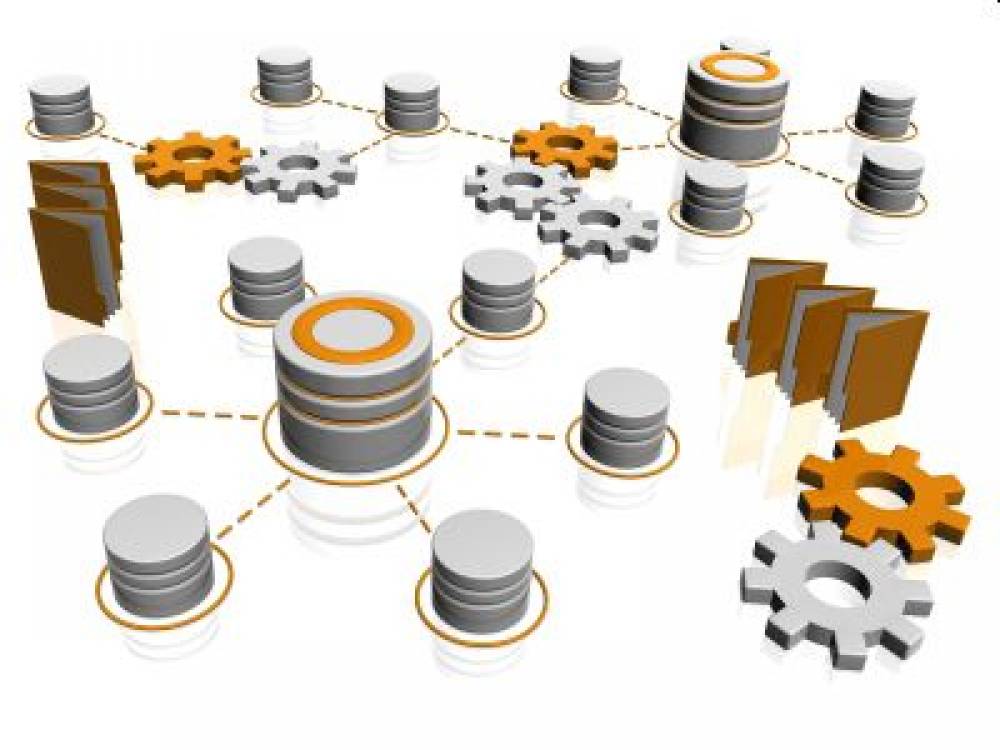This work package serves to support techno-pedagogical and health librarian staff and improve their competencies as a prerequisite for both the development and efficient use of open educational content on innovative digital platforms.
This work package contributes to the three specific objectives in the following ways:
Objective 1: Build up the capacity of techno-pedagogical staff to innovate education. By supporting innovation in technology and eLearning in the current HEI partner education programmes, the project prepares teaching staff (and subsequently students) for professional use of digital tools. Youth in Cambodia and Indonesia are very well acquainted with digital tools such as Internet search engines, social media or smartphones, but they sometimes lack the experience of using those tools in a professional way. Through the use of digital technologies in education, the professional digital skills of staff and following that also students, future healthcare professionals, will be enhanced. This project will reinforce education units specialized in technology in all five partner HEIs by building capacity through three workshops and by following up technology-enhanced learning staff throughout the project. This will be a North-South-South exchange, with several institutions in the South sharing their experiences with digital technology in education in the network (UNS, UGM and UHS) as well as institutions from the North (UM/SHE, ISGlobal and ITM). Supporting techno-pedagogical units embedded within health sciences will, in turn, improve the support teaching staff can ask from these units and therefore teaching staff will be able to implement more techno-pedagogical innovations in all levels of teaching and training. Some of the technologies that will be studied include (but are not limited to) online live voting during lectures, online examinations, development of modern eLearning modules using mobile-friendly software (e.g. Articulate 365, Adobe Captivate), modern eLearning platforms etc. The development of eLearning modules, in particular, will also link up to objective 3, as we will develop eLearning content that will be published in one of the digital health information platforms we intend to pilot.
Objective 2: Build up the capacity of health libraries and specialized librarians to improve service for teaching and academics staff, students and healthcare professionals. Specialized health librarians, with in-depth knowledge of the health field, will not only support the development of the platforms (by curating and adding data) but also play an important role in user adoption. Health librarians will learn teaching staff and students how to use the platforms and how to integrate them in a systematic information search. Health librarians and techno-pedagogical staff can also plan together how to support experts that submit or develop content for the platforms and how to integrate this platform in teaching hospitals and in the broader healthcare facilities field (another type of hospitals and health posts, both urban, peri-urban as well as rural). South-south collaboration will be especially important here, as the Cambodian health HEI partners will visit the Indonesian partners, for exchange on best practices in health librarianship.
Objective 3: Ensure open access to high-quality scientific and educational resources for health sciences students and staff and healthcare professionals. The aim here is to develop and the interconnect several digital health information platforms (institutional repositories, WikiTropica, MedBox) and to develop open educational resources (eLearning modules). The eLearning modules will be student-centred and based on actual case studies and experiences from all involved partners and will include available visual material (photos, videos). Within the work package, the development of the platforms will take place using agile development and quick feedback loops, using co-design including the target users/audiences. The use of the information in all platforms will be supported and encouraged in different ways, depending on the target audience:
- Health sciences faculty and teaching staff: specialized health librarians will support the systematic information retrieval, including the above-mentioned platforms. Techno-pedagogical staff will support the use of the eLearning modules in teaching and learning.
- Experts in the pilot topics: mostly faculty from HEI partners, will be coached to contribute to the expert content within the different platforms.
- Health sciences students: will be supported by health librarians in the use of the digital platforms and will use the platform as open eLearning on specific diseases. In teaching hospitals, the platform will also become accessible.
- Healthcare professionals: will be using the platform as a tool for finding background information and open eLearning on specific diseases. Specific technologies will be developed to support the uptake by this target audience (local server version, independent from electricity and Internet, for rural areas).
- Health librarians: will be curating information that can be added to the different platforms.

Leave a Reply